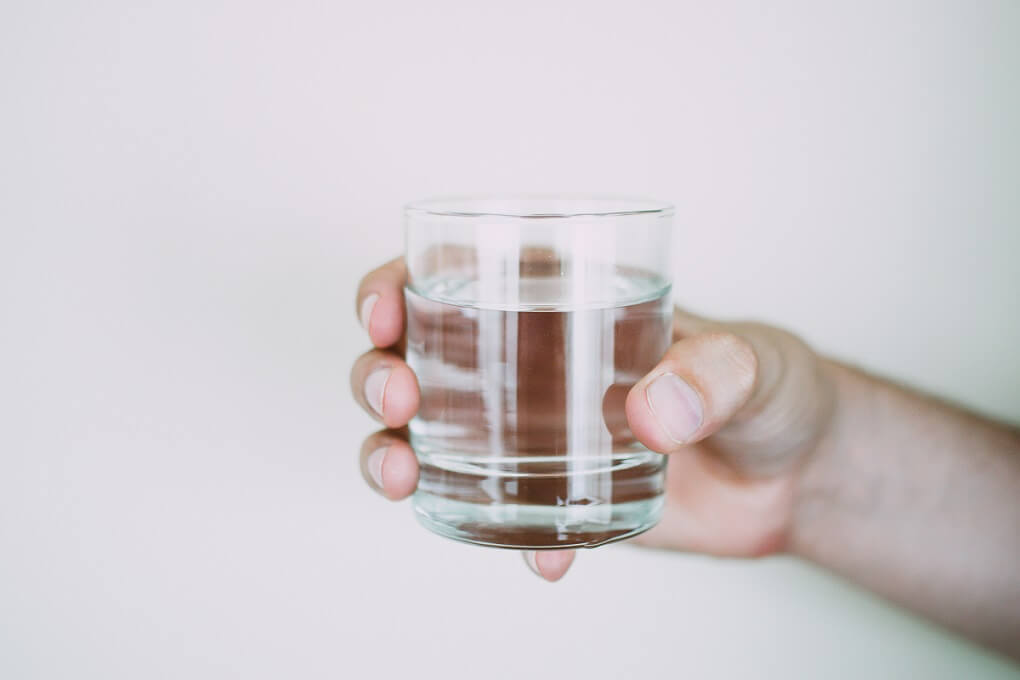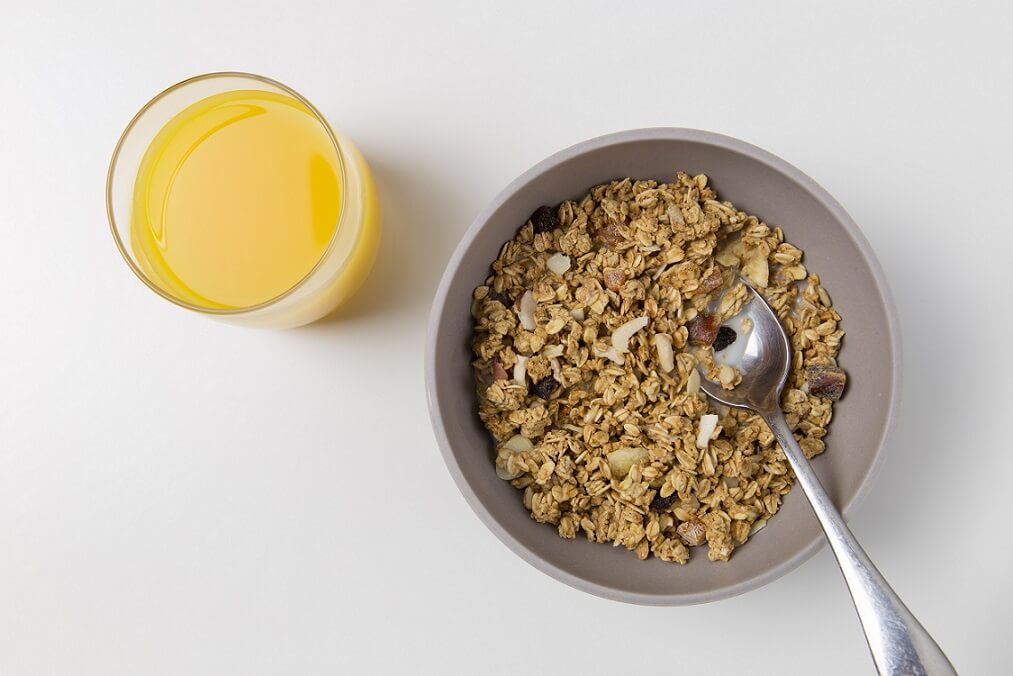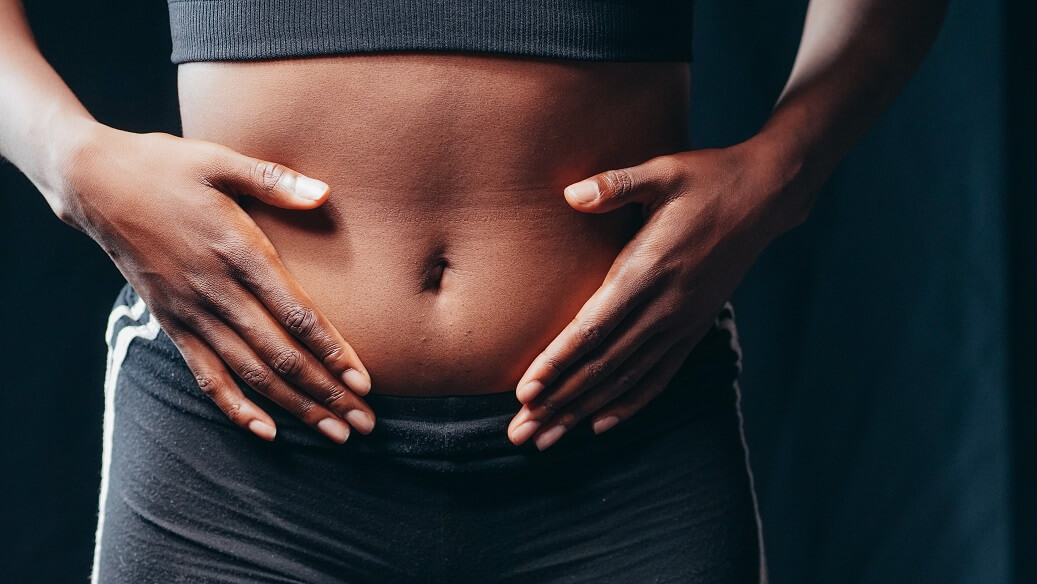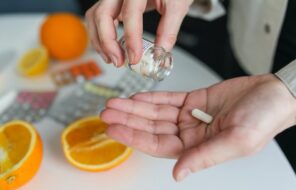Maybe your period is on the way, you’ve got a “food baby” after indulging in your favorite takeout food, or you’re low-key obsessed with a new flavor of LaCroix. Whatever the reason, you’re feeling a little … puffy.
Bloating is normal and can happen to any body from time to time, and there’s no shame in rocking your “big T-shirt, Billie Eilish” side. But bloating can feel uncomfortable, so if you want to bust the bloat bubble as quickly as possible, consider these tips from the dieticians we spoke with.
What causes bloat?
Bloat happens for various reasons, whether related to diet habits, hormones, or other health concerns. Dieticians weighed in on some common causes:
- How you hydrate. “Naturally flavored carbonated waters are a calorie-free and popular way to quench our thirst these days, but unfortunately, they can lead to bloat,” registered dietitian nutritionist Sheri Berger said. “However, if we’re not properly hydrated, that can lead to bloating, too!”
- What you eat. According to Jesse Feder, a registered dietician and contributor to My Crohn’s and Colitis Team, foods that contribute to bloating include soda and other carbonated drinks, heavy meals such as pizza, fried foods, and pasta, and people with food sensitivities.
- Health and hormone issues. Johna Burdeos, a registered dietician, mentioned conditions like irritable bowel syndrome (IBS), gluten intolerance, and lactose intolerance as possible bloat triggers. She added, “Some women experience gas due to hormonal changes associated with menstrual cycles.”
- How you eat. Wolfing food down or chewing gum can make you swallow extra air along with the food, which can contribute to bloating.
Bloat-reducing tips from dieticians
Bloat will work its way out on its own. If you’re hoping for a faster fix, though, experts have several ideas you can try.
1. Drink (still) water

Noncarbonated water is the key to reducing bloat. Wait, so if you feel like you’re retaining water, the answer is more water? It might sound counterintuitive, but it’s true. Your body needs lots of water to promote healthy digestion and keep functioning well. Drinking plenty of water can encourage your body to release excess fluid more easily. Just beware of bubbles, which can bring on more bloat.
2. Take a walk
All three experts we spoke to for this piece recommended movement as a quick bloat-buster — something as easy as a light walk around the neighborhood. Getting up and stretching your legs can also go a long way with digestion and help banish bloat.
3. Try an over-the-counter remedy
Feder contended, “One of the most effective ways to quickly get rid of bloating includes taking an over-the-counter medication, such as Pepto-Bismol or Alka-Seltzer.” These remedies work by reducing stomach acid, which can help with discomfort and other symptoms of bloating.
4. Brew a cup
Burdeos said, “Drinking ginger tea, chamomile tea, or peppermint tea may also help reduce bloating.” These teas offer hydration, plus a flavor boost that can make drinking it more enjoyable. Ginger has been used for millennia to soothe digestive troubles — it’s a favorite for nausea but can also aid gas and bloating. Some research also suggests peppermint has properties that can help with IBS symptoms.
5. Eat gut-friendly foods
A juicy burger and fries or a burrito with all the fixings can hit the spot, but lots of restaurant food comes packed with more salt and fat than is ideal for a well-balanced belly. “If you do eat out and are feeling very bloated following that meal, try to make the next meal something homemade that’s low in salt and rich in nutrient-dense whole foods,” Berger said.
6. Watch your fiber

Fiber is the indigestible part of plants we eat. Fiber is good for you because it helps keep digestion moving smoothly by soaking up water and making it easier to pass waste out of your system. The problem is, if you’re not used to sufficient fiber and get too much of it at a time, water-absorbing fiber can become a temporary source of bloat.
Keep the bloat away
Experts agree — it’s easier to prevent bloat in the first place than get rid of it quickly once you have a bellyache. So, resist the impulse to eat a quick lunch at your desk. Taking your time at meals can help you eat more slowly and thoughtfully, reducing your risk of overeating or gulping air with your food.
If you love a fizzy water, you don’t need to give it up entirely, but try not to rely on seltzer to meet your hydration needs. Most women should aim for 2.7 liters (almost three-quarters of a gallon) of water daily, and men should have 3.7 liters or just under a gallon. If plain water is boring, boost flavor by adding slices of orange, lemon, lime, or cucumber, or sprigs of herbs like mint.
Consider taking a walk after a big meal, too. This can help food settle and promote healthy digestion.
When to see a doctor
Often, a case of bloat is over in a matter of time, and not anything to worry about. In some cases, though, you might notice bloating occurs more often or gets in the way of living your happiest life.
Burdeos suggested seeking medical attention if bloating is persistent and the symptoms are severe, including:
- Feeling excessively full, tight, or distended
- Swelling in the abdominal area
- Noticing accompanying pain or pressure
- Having symptoms like nausea, vomiting, diarrhea, or constipation
A doctor can help assess if you have a food sensitivity or digestion issue that makes it harder than usual to digest certain foods. They may be able to talk to you about treatments or diet swaps to keep your stomach feeling settled and ready to battle the bloat.





